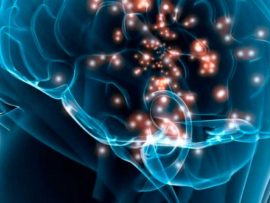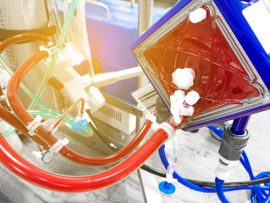Abstract There is a perception held by others in the health sciences that surgeons are not adequately assessing surgical procedures. In an Editorial in the Lancet in 1996, entitled, “Surgical Research or..
Read MoreAbstract Background Ebstein's anomaly,a rare cardiac disease that accounts for <1% of all congenital heart diseases, is a right ventricular myopathy with varying degrees of delamination in the endocardium under..
Read MoreAbstract Background Inflammation after cardiopulmonary bypass may contribute to postoperative delirium and cognitive dysfunction. The authors evaluated the effect of high-dose methylprednisolone to suppress inflammation on the incidence of delirium..
Read MoreAbstract Background: Glucose–insulin–potassium (GIK) administration during cardiac surgery inconsistently improves myocardial function, perhaps because hyperglycemia negates the beneficial effects of GIK. The hyperinsulinemic normoglycemic clamp (HNC) technique may better enhance..
Read MoreAbstract Objectives Our aim was to describe the pharmacokinetics of cefazolin in paediatric patients undergoing cardiac surgery with cardiopulmonary bypass (CPB) who received cefazolin for peri-operative surgical prophylaxis in addition..
Read MoreAbstract The use of extracorporeal circulation for cardiac surgery and extracorporeal life support poses tremendous challenges to the hemostatic equilibrium given its diametric tendency to trigger hyper‐ and hypocoagulopathy. The..
Read MoreAbstract What We Already Know about This Topic Cardiac surgery is associated with cognitive decline and postoperative delirium The relationship between postoperative delirium and cognitive decline after cardiac surgery is..
Read MoreAbstract The use of venovenous extracorporeal membrane oxygenation is increasing worldwide. These patients often require noncardiac surgery. In the perioperative period, preoperative assessment, patient transport, choice of anesthetic type, drug..
Read More







